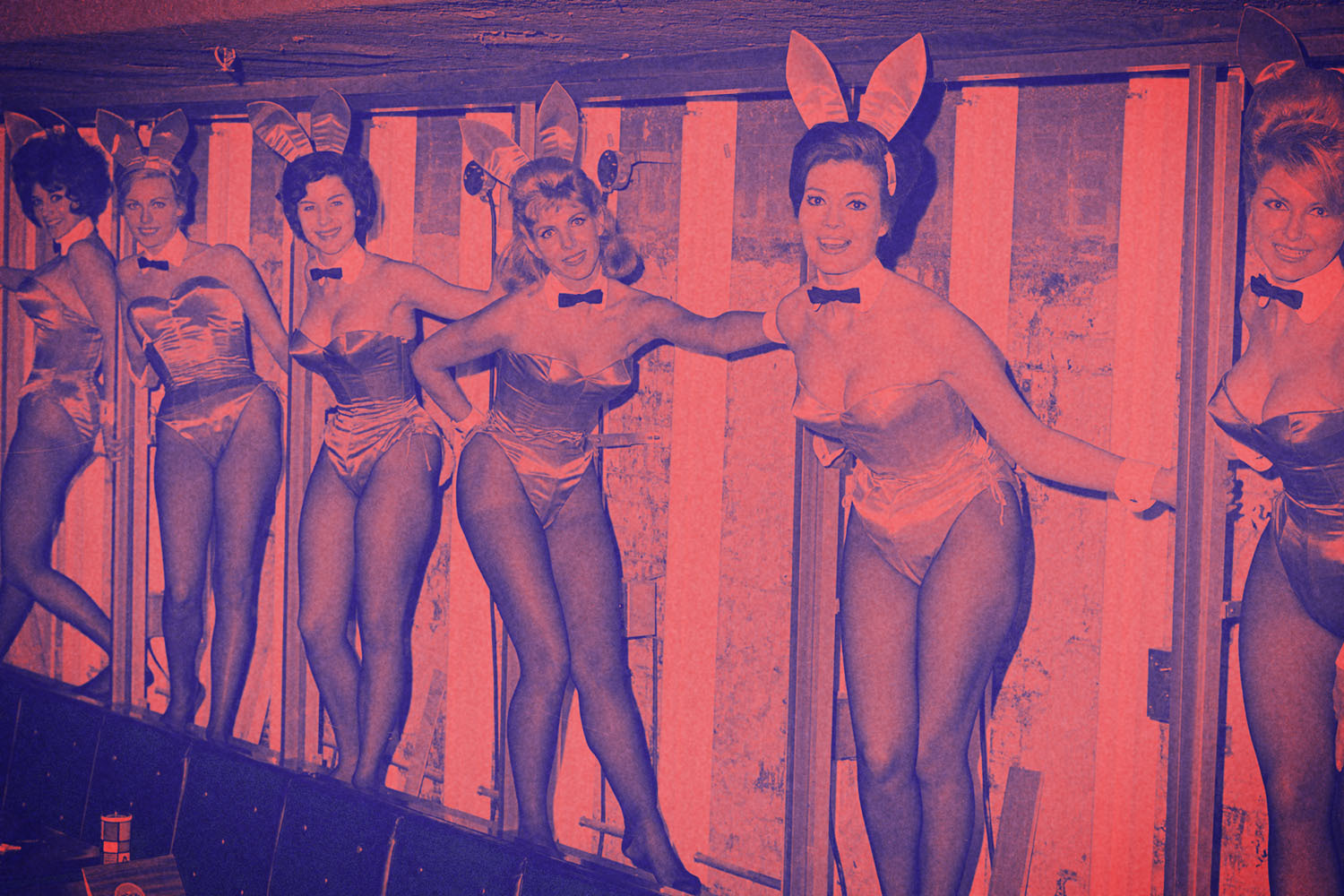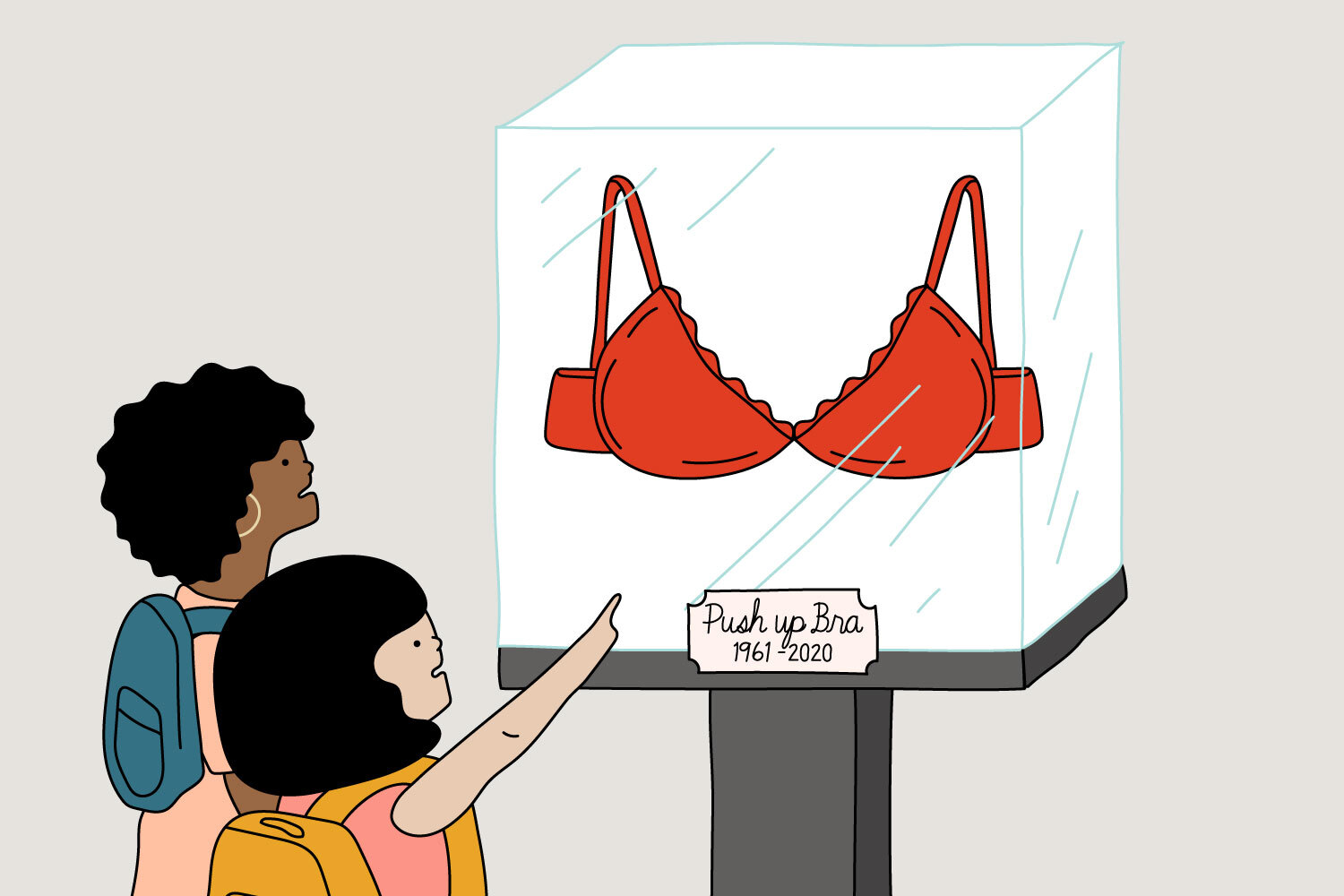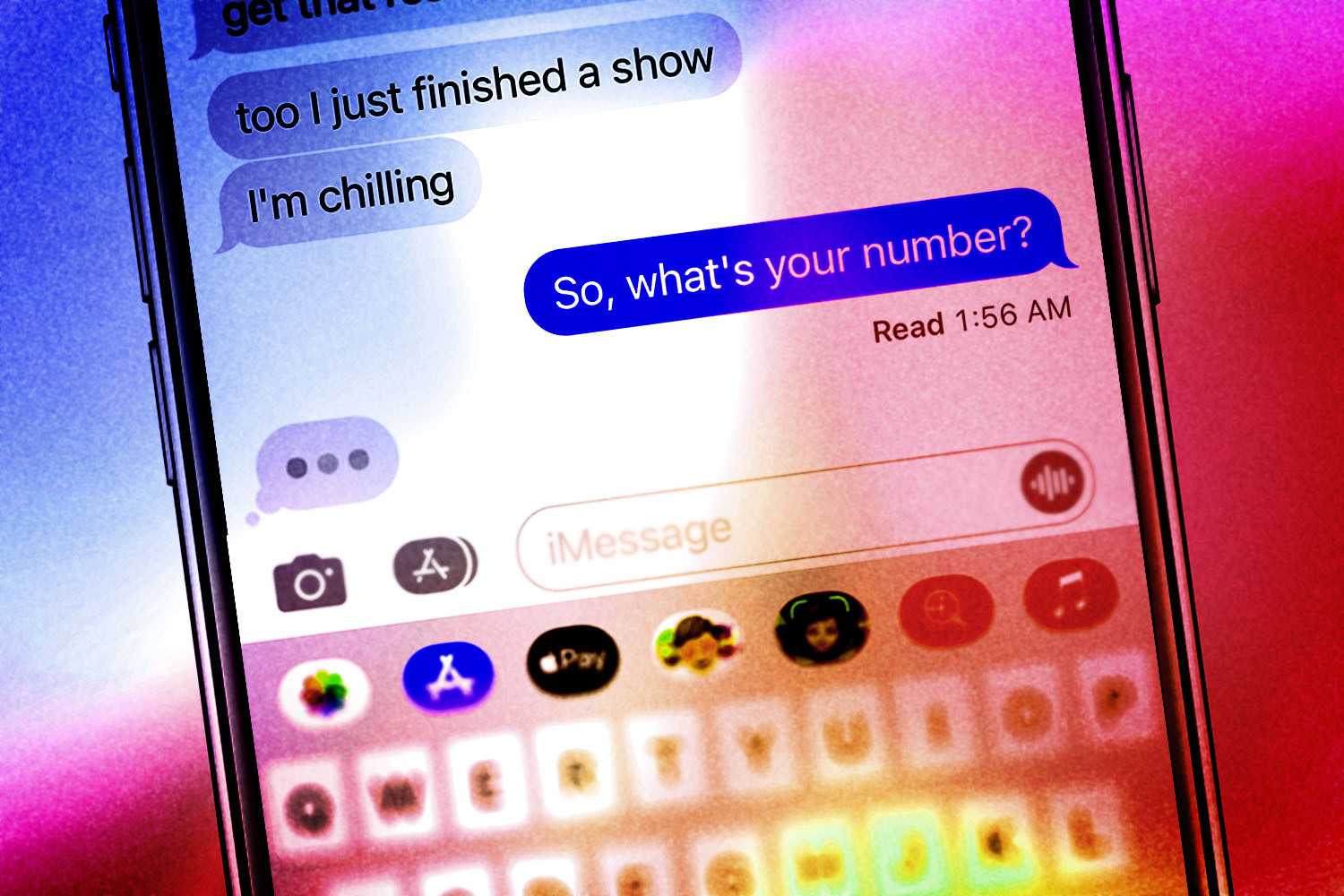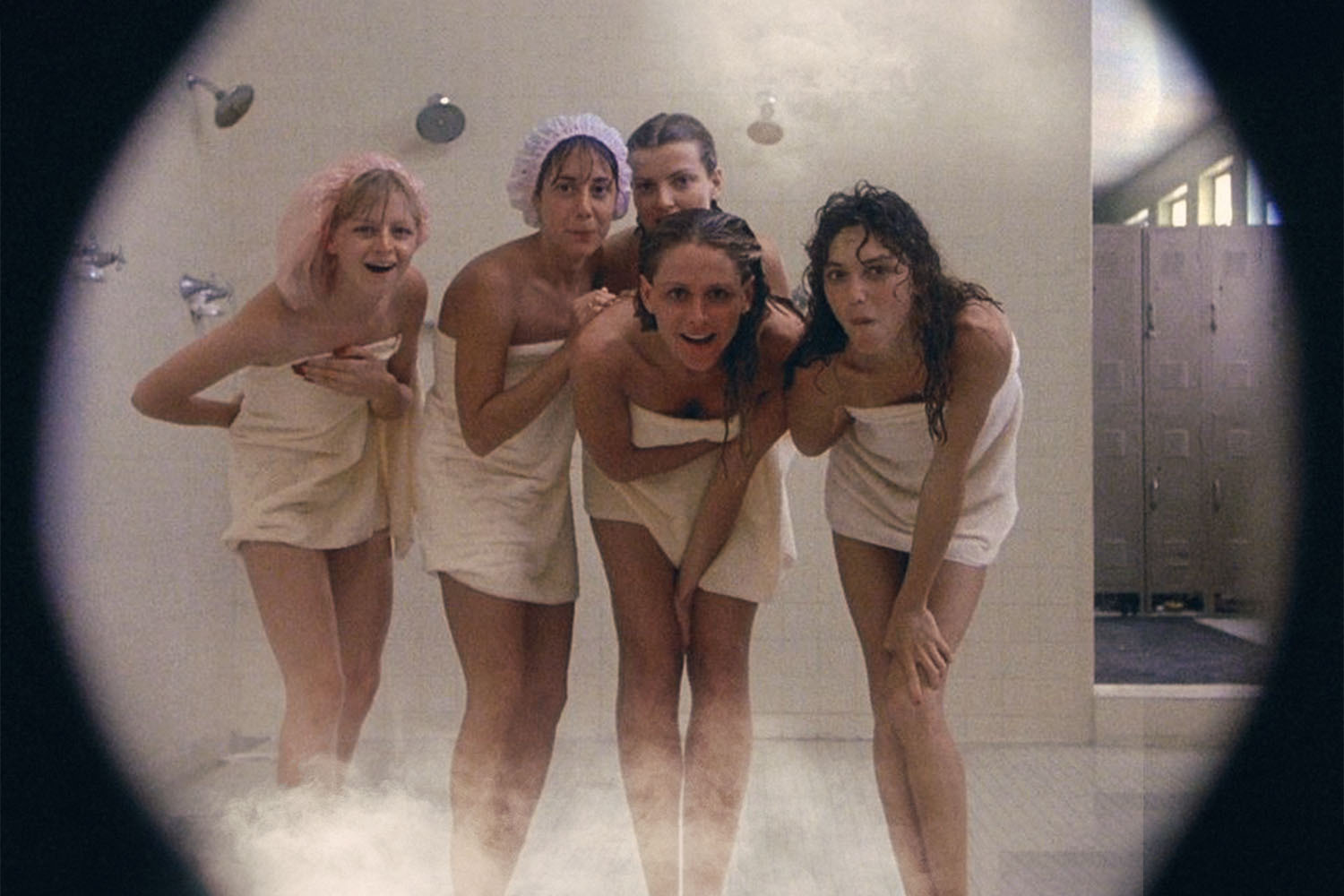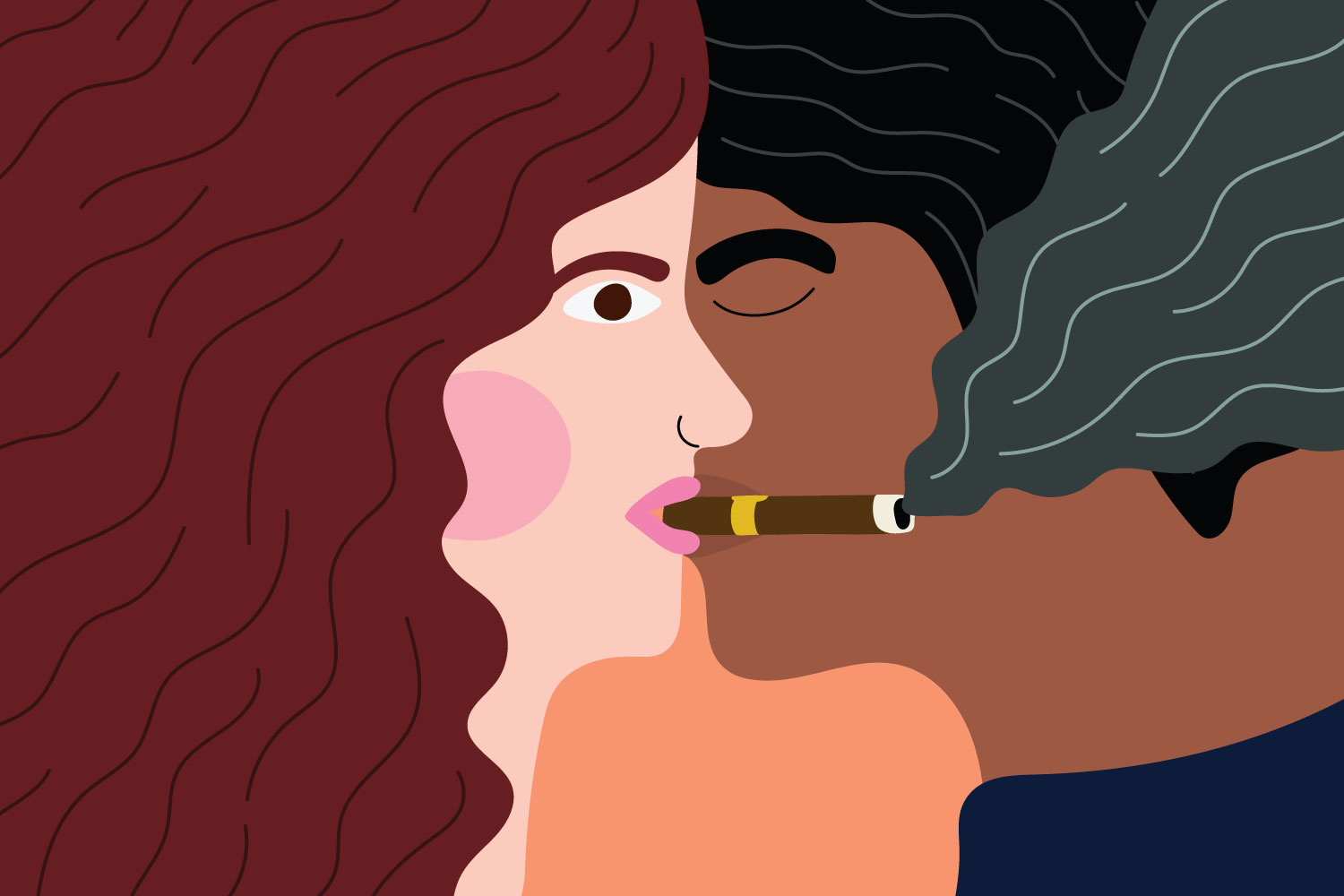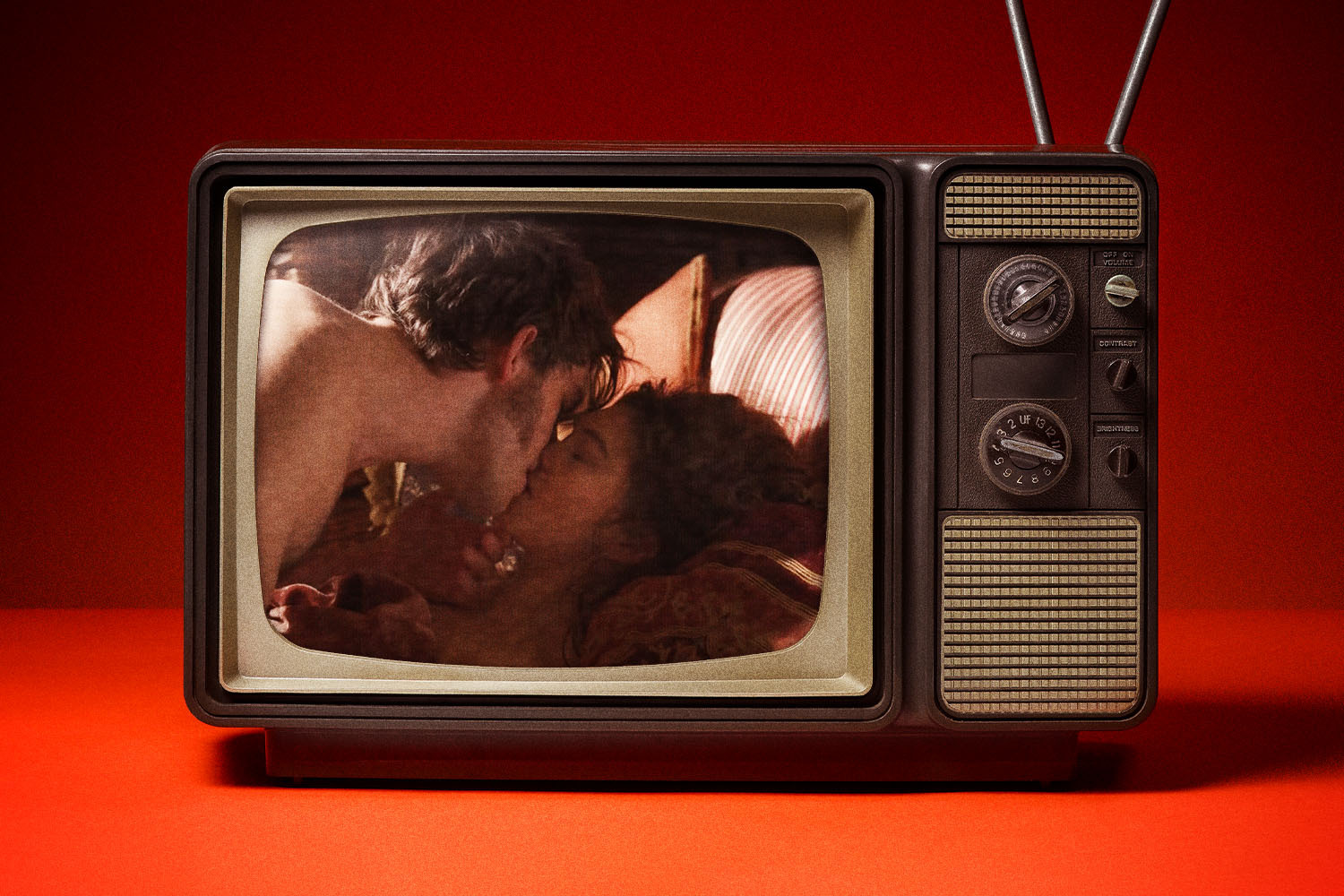When I was ten years old, I decided I wanted to wait until marriage to have sex. This wasn’t something my parents instilled in me — they generally preferred to avoid talking about sex altogether — nor did I pick it up at church. (Like my parents, and unlike the evangelicals, I think the Catholic Church preferred to avoid giving its younger parishioners the sex talk for as long as possible.) Rather, I made this extreme decision about the future of my hymen after spending most of the summer between fourth and fifth grade watching 7th Heaven reruns on ABC Family.
For the uninitiated, 7th Heaven was a TV show about a protestant minister, his wife and their struggle to raise their gaggle of children with Good Christian Values in sexually “permissive” times. Spoiler alert: virginity, specifically keeping it until marriage, was a major theme. Over the course of the series’ record-setting ten seasons, some of its characters accomplished this goal and others did not. While those who didn’t weren’t usually punished to the extent they would have been in a Victorian novel (i.e. shunned, impregnated and/or killed) the messaging was pretty clear: virginity was not just morally right, but romantic, even. The characters that “waited” had successful marriages with loving partners, because they deserved it. Those who didn’t typically forged more wayward paths and were usually, to some extent, written out of the series.
The show premiered on the WB in 1996 and ran until 2007, making it the longest-running series on the network. It was a predictable hit with Christian organizations of the day, like the Parents Television Council, which hailed the show as the best on television in 1999, one that bravely “shows the consequences of reckless and irresponsible behavior.” But it wasn’t just niche, ultra-religious groups eating it up. 7th Heaven was a mainstream hit on a mainstream network. It remains the WB’s most-watched show of all time, and also holds the record for the network’s most-watched hour at 12.5 million viewers. (Records it likely maintains, in part, only because the WB ceased to exist by the show’s final season, when it merged with UPN to create the CW.)
Obviously the show feels retrograde and aggressively conservative by today’s standards, but watching it as a pre-teen, I didn’t feel like I was being fed some stodgy religious indoctrination. 7th Heaven made virginity seem not just normal, but cool — not to mention romantic. As another popular slogan (and at one time partially government-funded organization) of the era goes, “True Love Waits.” But beyond the normalization and romanticization of morality, the show made virginity seem, ironically enough, sexy. At ten, 7th Heaven contained some of the most frank discussions of sex and sexuality I’d ever seen on TV, to the extent that I sometimes wondered if I was even allowed to be watching it. To me, the show’s intense focus on sex — even if that focus was on not having it, or at least not outside of god/patriarchy-sanctioned boundaries — was provocative in a way that made virginity itself seem sexy.
Of course, 7th Heaven was far from the first or only cultural entity of its time (or of any time, really) to make virginity seem cool and sexy.
“Fetishizing attractive women’s virginity is a very old thing,” says Laura M. Carpenter, an associate professor of sociology at Vanderbilt University and author of Virginity Lost: An Intimate Portrait of First Sexual Experiences. “It’s a contradiction as old as the hills.”
At that time, in particular, virginity was a big deal for some of the biggest — and, by default, sexiest — celebrities of the day. Jessica Simpson, a proud Southern preacher’s daughter, famously “saved herself” for her first marriage to Nick Lachey, telling People in 2000, “My virginity is something I stand strong in.” Britney Spears was relentlessly harassed about the state of her virginity in interviews, particularly during her relationship with Justin Timberlake. Teen dream Miley Cyrus flaunted a purity ring for a bit in the mid-aughts, as did many of her Disney contemporaries, including her then-boyfriend, Nick Jonas.
At the same time, of course, these women were the biggest sex symbols of their day. (Read: they were ruthlessly sexualized by the media.) Naturally busty and blonde, Simpson was the ultimate bombshell, a role she would later embody on screen in barely-there cutoffs and crop tops as Daisy Duke. Spears, from the time her debut single premiered at 16, was famous for dancing in provocative, midriff-baring outfits. But that, of course, was part of the appeal.
“Britney Spears extends a honeyed thigh across the length of the sofa,” begins the now-infamous profile that accompanied Spears’ 1999 debut as a Rolling Stone cover star. Within that first paragraph, the author goes on to describe the 17-year-old’s “ample chest” and the way her “silky white shorts cling snugly to her hips.” Later on, he notes that Spears “cleaves to the Baptist faith” and has made a point of refusing to record overtly sexual songs. (The joke, the first of many the public would make at Britney’s expense, is that she seems unaware that her hit debut, …Baby One More Time, is in fact a sexual song.) On the cover, Britney lays on hot pink satin sheets clutching a stuffed Teletubby doll. It is, as the story’s subhead shamelessly teases, a peek into the teen’s bedroom. It is also, as Jude Doyle put it in his 2016 book, Trainwreck, very obvious that we are supposed to want to fuck Britney, not despite but because of her innocence. “Men were supposed to want to fuck Britney, that was clear enough,” writes Doyle. “But they were supposed to want it specifically because she was a child.”
According to Carpenter, this seemingly contradictory sexualization of virginity is “a really old cultural trope,” one rooted in upholding and reaffirming men’s power over women and their bodies. “Historically, there’s been this idea that for men, in particular, the idea of deflowering a woman is supposed to be ‘the ultimate’ of something,” says Carpenter, “that somehow imprinting yourself on somebody or being the one who introduces them to all the wonders of partnered sexuality makes you more special, more manly, more something.”
While it may seem regressive in new and unwelcome ways every time it re-enters the zeitgeist — especially when it interrupts an otherwise progressive era — Carpenter notes that the purity culture of the ‘90s and early 2000s was nothing new, estimating the trend pops up as often as every 15 to 20 years. In the ’80s, she notes, Brooke Shields was the young, attractive star being grilled over the state of her virginity and slammed for uttering an arguably suggestive line in a Calvin Klein commercial.
“It’s all part of a very misogynistic culture that judges women both by their sexual appeal and their sexual purity,” says Andrea L. Press, a professor of media studies and sociology at the University of Virginia and author of Media Ready Feminism and Everyday Sexism. “They’re idealized for this sexual aura, but then they’re devalued if they act sexually.”
This, of course, is a tale as old as time, and it’s one upon which the entire concept of virginity was based. Virginity has always been a value that women, primarily, were expected to uphold. (When it has been applied to men — such as in religious contexts or, say, on the Disney Channel —the stakes have usually been lower, and it has still been in the interest of reinforcing certain patriarchal ethos, like religion and the value of the nuclear family.)
Why? Because men — not necessarily on an individual level, but on a patriarchal one — recognize that female sexuality is an extremely powerful force, and thus one they must find a way to exert control over, lest it control them. (The policing of sex work can be explained in much the same way: men don’t want to pay for sex, but know they will, so they must use their power to shame and criminalize sex work.) Thus, the concept of virginity was born: a construct that allows men to police women’s bodies, their sexuality and the way they express it, while still sexualizing those bodies and the women within them.
“The idealization of young women as virginal is all part of that,” says Press. “It’s part of the way to say, ‘Men do control our sexuality and women love that.’”
Anthropologists sometimes offer a more forgiving analysis of how the concept of virginity got to be. As Carpenter notes, historians often chalk up virginity to a biological need for a man to be sure the offspring borne by his partner is in fact his. But in an age of birth control and advanced reproductive technology, “It becomes more apparent and more blatant that [virginity] is not just about controlling reproduction; it’s about controlling women’s ability to do whatever they want to with their bodies,” says Carpenter.
In the late ’90s and early 2000s, in particular, certain cultural forces at play may have very well contributed to that era’s specific obsession with virginity. For one thing, it was the height of abstinence-only sex education in America. At the time, notes Carpenter, there were federal grants for states that said they would teach abstinence-only sex ed. So, as famously parodied in Mean Girls, abstinence was a big deal in high schools at the time; of course it would bleed into the zeitgeist.
Then there was the increasing hyper-visibility of celebrities, and with it the inability to ever unsay anything — to un-espouse a belief — no matter how young a star had been when they first expressed it. I may have been able to renounce my 7th Heaven-inspired virginity pledge later in adolescence, (and of course I did) but Britney was not afforded that same luxury. If she said she was going to save herself for marriage as a 12-year-old, then she was still expected to uphold those values a decade later, and shamed relentlessly once the media caught wind that perhaps she hadn’t.
There’s also the age of the parents to consider, as Carpenter points out, and the culture surrounding sexuality when they were coming of age. Many parents of children growing up in the 2000s had themselves come of age amid the AIDS epidemic, when sex became something to be actively feared. Mean Girls’ sex ed scene, in which Coach Carr threatens his students with near-certain death should they have sex, is a parodied but not entirely unrealistic version of early 21st-century attitudes toward sex among many adults who had witnessed the AIDS epidemic in their youth or early adulthood.
But the thing to remember, notes Carpenter, is that this is not a trend that belonged to any one time. Like most trends — be they regrettable but ultimately harmless fashion styles or literal fascism — our cultural obsession with virginity is cyclical.
“It seems to be a thing that continues to go around and around again in U.S. sexual culture, even in the periods where it’s been relatively permissive,” says Carpenter. “It’s cyclical. It happens again and again and again. There are examples from the 1920s; there are examples from the 1890s.”
We may flatter ourselves that we’re past it now. We watch interviews from the early 2000s of Britney Spears being driven to tears by Diane Sawyer and look on in dutiful disgust. But until we successfully rip these patriarchal constructs erected solely to exert control over women and their bodies from their roots — something I’m not entirely sure will ever be possible — we’re really only ever 15 to 20 years away from the next virginity craze.
This article was featured in the InsideHook newsletter. Sign up now.

